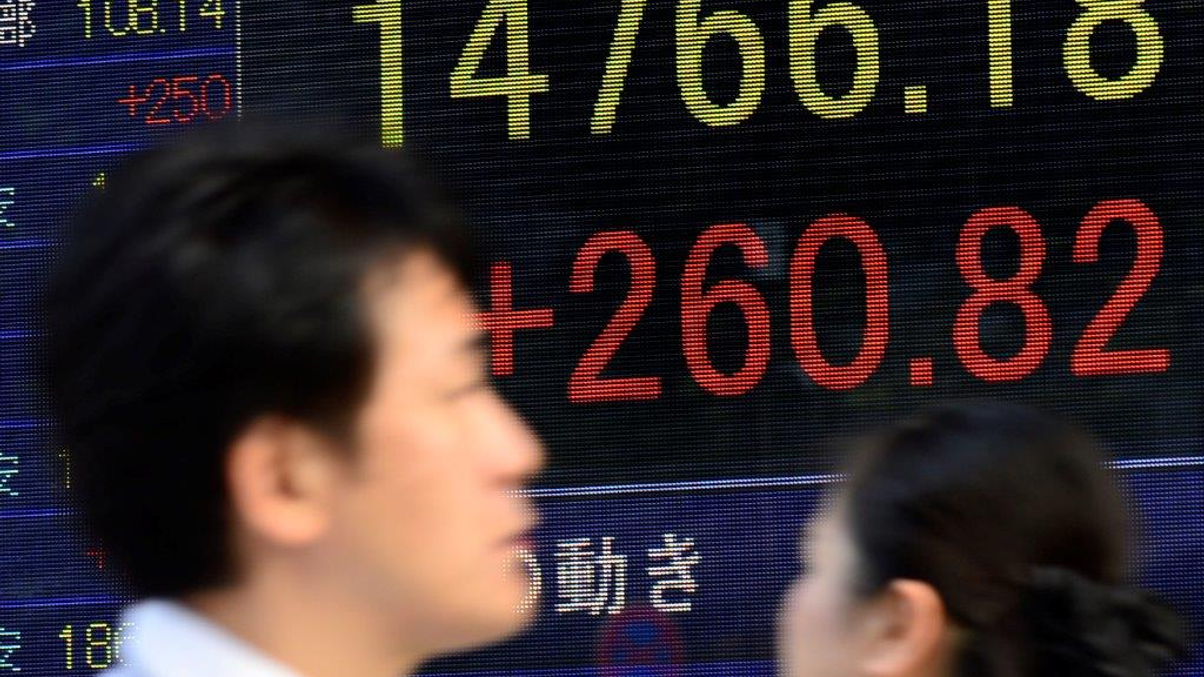Home bias still prevalent amid Asia hedge funds
In contrast to their Western peers, Asian managers are finding the Chinese market good for returns, while some domestic investors in current regional darling Japan are selling stocks.

What a difference a day – and a change in location – makes when it comes to hedge fund conferences.
Sign in to read on!
Registered users get 2 free articles in 30 days.
Subscribers have full unlimited access to AsianInvestor
Not signed up? New users get 2 free articles per month, plus a 7-day unlimited free trial.
¬ Haymarket Media Limited. All rights reserved.


